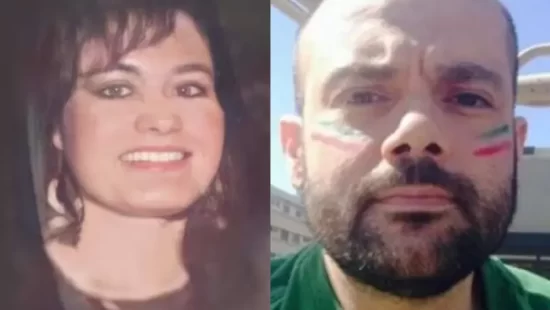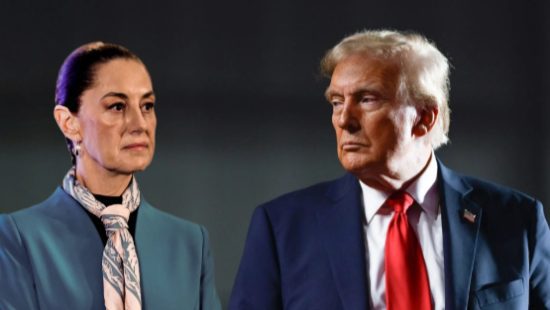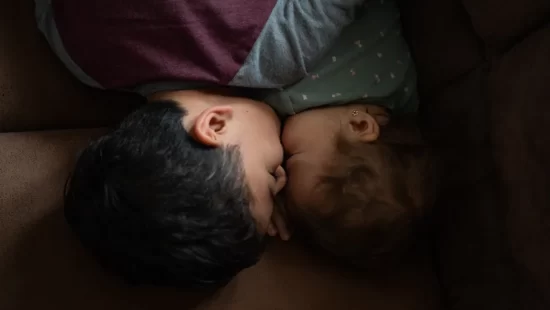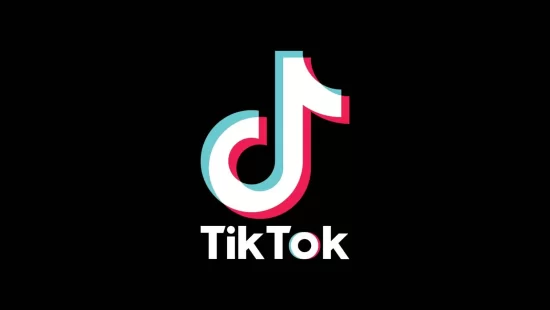Urge lawmakers to restore funding for bilingual and culturally competent counselors in L.A. and beyond.
After the 2022 school massacre in Uvalde, Texas, where 19 children and two teachers were killed, Democrats and Republicans found rare common ground: the urgent need to expand mental health support in public schools. The result was the Bipartisan Safer Communities Act, a landmark law that funneled $1 billion in federal grants toward hiring and training school-based mental health professionals nationwide.
Now, in a controversial move, the Trump administration has terminated many of those grants—reversing course on a promise that was intended to protect students by addressing their mental health needs. Among the hardest hit are school districts and education institutions in California, particularly in Los Angeles and San Diego.
The San Diego County Office of Education, which had used its grant to support districts like Chula Vista Elementary School District—home to more than 22,000 students, the majority of whom are Latino—was among those notified their funding would be terminated. In Los Angeles County, where high rates of childhood trauma and economic instability make mental health services essential, education leaders now fear losing vital staff and scaling back programs designed to help the most vulnerable students.
The Trump administration has justified the cuts by claiming that the Biden-era grants promoted “race-based” hiring practices that violate civil rights laws. But critics argue this is part of a broader political attack on diversity, equity, and inclusion (DEI) programs, even when those programs are demonstrably improving student outcomes.
California has long struggled with a shortage of school counselors, psychologists, and social workers. According to a 2024 report from the California Department of Education, the state averages one school psychologist for every 1,040 students—far below the National Association of School Psychologists’ recommended ratio of 1:500.
Los Angeles Unified School District (LAUSD), the second-largest school district in the country, was in the process of expanding mental health access using federal grants to train bilingual and culturally competent providers. These professionals are crucial in communities like South L.A., East L.A., and Boyle Heights, where many students come from immigrant families, have experienced trauma, or lack access to private mental health care.
Now, that progress is at risk. LAUSD officials said they are still awaiting clarification on whether their own federal grant will be cut, but they are already preparing for potential layoffs and program freezes.
“This is a devastating step backward,” said Ana Valdez, a school psychologist and member of the California Association of School Psychologists. “We finally had the resources to reach students who’ve been underserved for decades. And now, it’s being pulled away for political reasons.”
At the heart of the Trump administration’s decision is a dispute over whether it is legal—or appropriate—for federally funded programs to encourage hiring staff who reflect the demographics of the students they serve. The Biden administration allowed applicants to earn extra points for including recruitment plans aimed at increasing diversity among school-based mental health providers.
In Los Angeles, where more than 70% of students are Latino, and many speak English as a second language, school officials had prioritized hiring bilingual counselors and therapists with cultural backgrounds similar to the student population. Advocates argue that such representation increases trust, improves student engagement, and helps combat racial trauma.
“There’s a mountain of evidence showing that students benefit when their mental health providers understand their cultural experiences,” said Dr. Carla Ramos, a child psychiatrist at UCLA who works with local schools. “This wasn’t about quotas. It was about connection.”
But a statement from the Education Department’s Brandy Brown claimed such strategies were “inappropriate uses of federal funds” and inconsistent with civil rights law. Critics say this interpretation stretches the law to serve an ideological goal.
The backlash in California has been swift. Governor Gavin Newsom called the cuts “reckless and dangerous,” vowing to explore legal and state-level funding alternatives. State Superintendent Tony Thurmond said the administration’s actions “undermine the safety of our students,” adding that California would fight to preserve its programs.
Meanwhile, some Los Angeles-based organizations are preparing to scale back training programs that would have placed more therapists into public schools. One such program, housed at California State University, Los Angeles, had aimed to train first-generation graduate students from underserved communities. Without federal funds, that pipeline is now in jeopardy.
“I was finally going to become the kind of therapist I never had as a kid growing up in Boyle Heights,” said Sofia Hernandez, a counseling psychology student at Cal State LA. “Now, I’m not sure how I’ll finish school.”
The cuts are already being celebrated by some conservative activists. Chris Rufo, a prominent critic of DEI initiatives, posted several of the grant application excerpts on social media, accusing them of “left-wing racialism.” Soon after, the Trump administration began clawing back grants—some worth millions of dollars over several years.
Federal education officials have not released a full list of which grantees lost funding, but former Education Department staff estimate the terminations could affect programs supporting 1,500 to 2,000 mental health professionals in schools across the country.
In California, where public schools continue to bear the brunt of student mental health needs—amplified by the pandemic, immigration stress, and community violence—the sudden withdrawal of federal funding could have lasting consequences.
“This is not just about politics,” said Dr. Ramos. “It’s about whether we’re going to let children fall through the cracks—again.”








